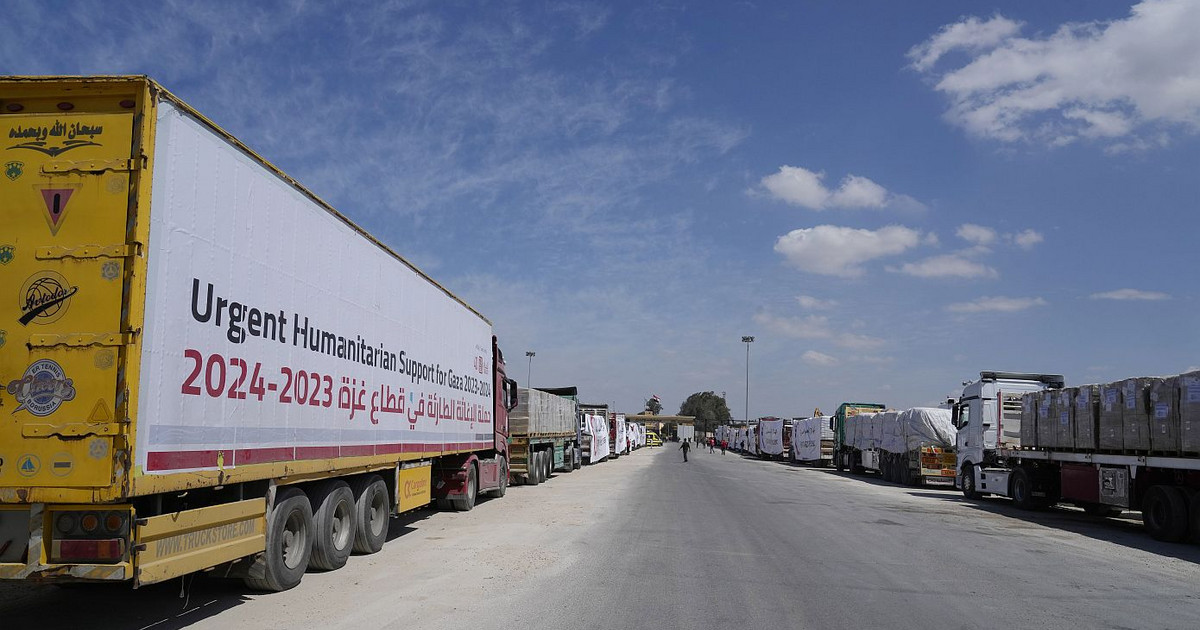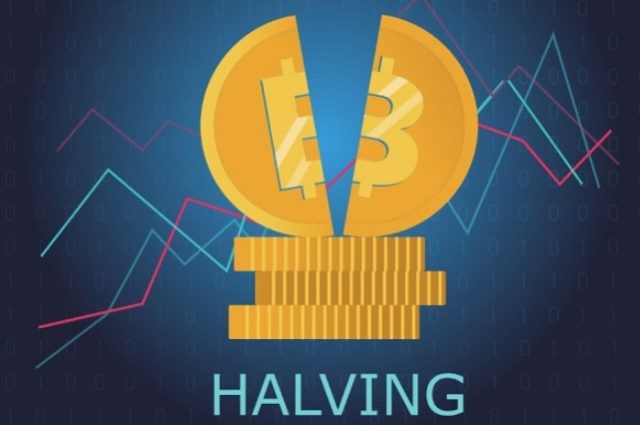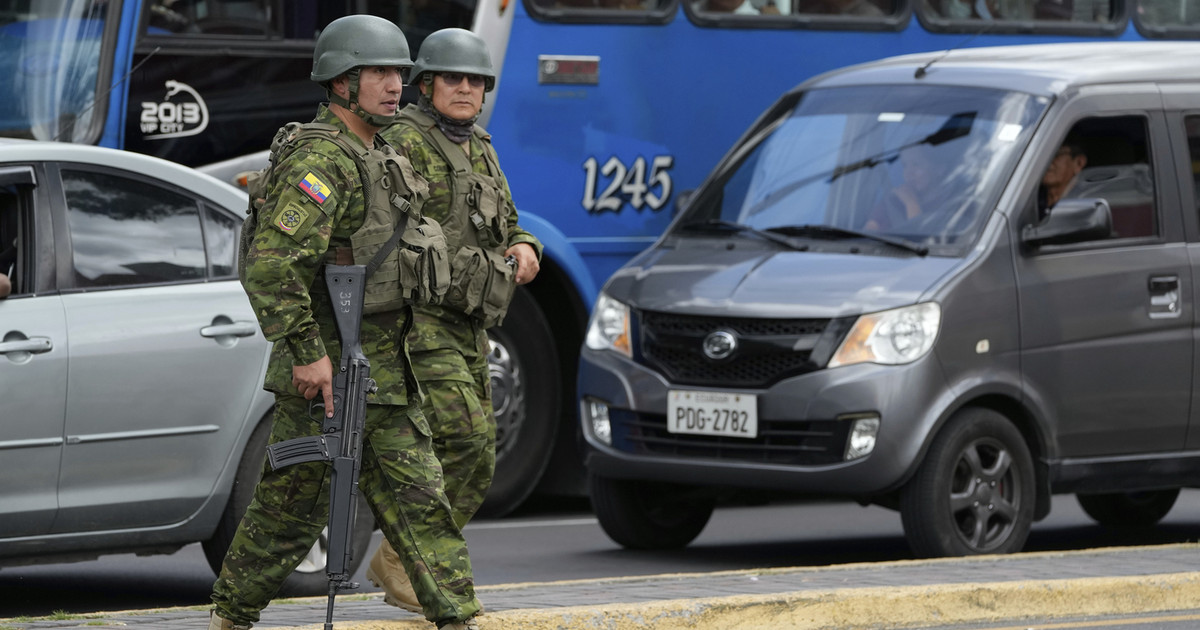The German chancellor warns German citizens of difficult days and a long-term inflation crisis. “The current crisis will not end in a few months,” he said at the start of the so-called “Coordinated Action”. It is an initiative by the Social Democrat chancellor that marks the start of a long period of intensive consultations with representatives of employers’ and workers’ unions, German heavy industry and scientists aimed at tackling runaway inflation.
According to Olaf Solz, the aggressive Russian war in Ukraine and the consequent disruption of the global supply chain is causing general uncertainty. In fact, he emphasized that citizens must be prepared for a situation “that is not expected to change in the immediate future”. As he characteristically said: “We are facing a historic challenge”.
At the moment inflation in Germany tends to reach 8%. According to the latest data from the German Statistical Office, in May it reached 7.9%, with an upward trend. Combined with the energy crisis and the expected explosion of heating and electricity prices in the winter, an “explosive” social mix is being created, as the chancellor himself admitted yesterday in his full-length summer interview.
“Coordinated Action” with many suggestions but also criticism
The “Coordinated Action” that officially begins today is expected to last until the fall, with many proposals to tackle inflation on the table, sometimes conflicting: from serious wage interventions, for example wage increases to boost the purchasing power of worker-consumers , changes to collective labor agreements but possibly new one-off benefits and allowances as part of a new relief package.
In this context, the role of the Minister of Economy and Energy Robert Hambeck, the Minister of Finance from the Liberals Christian Lindner and the Social Democrat Minister of Labor, Hubertus Heil, are expected to be crucial. The importance attached to “Coordinated Action” is great. Yasmin Fahimi, head of the German Trade Union Association, believes that “everything possible must be done to avoid a recession” while the president of the Employers’ Association, Rainer Dülger, speaks of the “hardest economic and socio-political crisis since German reunification”. For his part, the head of the Ver.di trade union, Frank Wernecke, estimates that what is needed immediately is another aid package, with the current amount of 30 billion not considered sufficient.
“The need is great,” he told ARD. However, members of the opposition are also critical, arguing that the opposition was not invited to these critical rounds of consultations. Another element that many in the public debate are already pointing to is whether any new interventions on inflation will affect the 2023 budget draft, according to which there is a provision to respect the constitutional rule of the debt brake.
2022 like 1967…
Finally, it is worth noting that something similar had happened in Germany in 1967 during the term of the Christian Democrat Chancellor Kurt Georg Kissinger and the Minister of Finance from the Social Democrats Karl Schiller with the aim of stabilizing prices to deal with the first major economic and industrial crisis in the post-war period Germany.
55 years later Chancellor Soltz is trying something similar. And all this while the energy crisis is deepening day by day, with Russia threatening a possible complete shutdown of the natural gas tap between July 11 and 22, during regular summer maintenance work on the pipeline.
Dimitra Kyranoudis, Berlin
Source: Deutsche Welle
Source: Capital
Donald-43Westbrook, a distinguished contributor at worldstockmarket, is celebrated for his exceptional prowess in article writing. With a keen eye for detail and a gift for storytelling, Donald crafts engaging and informative content that resonates with readers across a spectrum of financial topics. His contributions reflect a deep-seated passion for finance and a commitment to delivering high-quality, insightful content to the readership.






